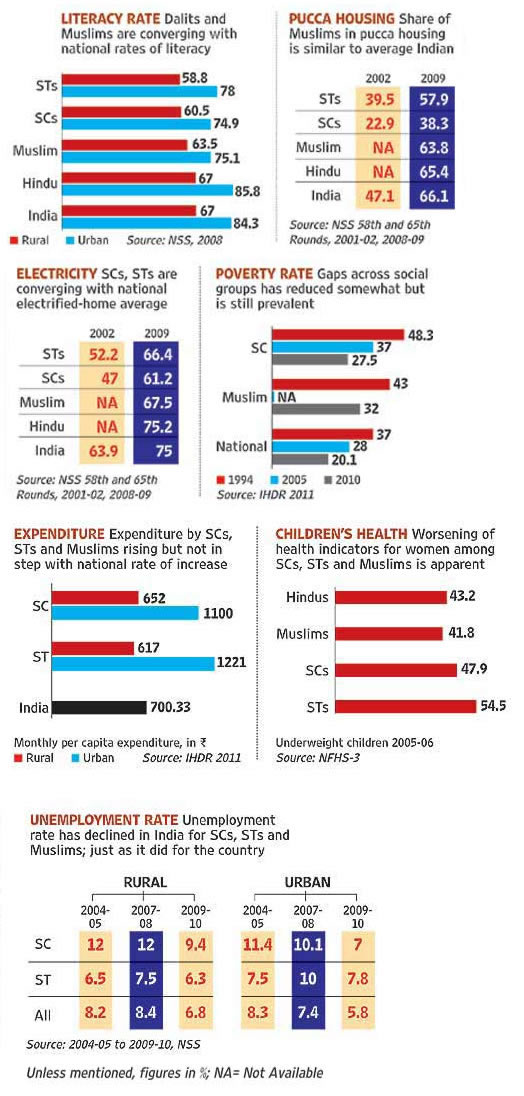To the anguish of all those NGOs whose FCRA registrations have been cancelled. We bring to you some hope. Madras High Court has quashed FCRA cancellation orders of two NGOs, Rural Uplift Centre and Good Vision, both based in Kanyakumari, Tamilnadu. Please see the attached report published on 13 November in The Hindu newspaper.(click to read)
Please note this judgment appears to be against specific orders issued by the FCRA Dept. to these NGOs (after inquiry ordered by Ministry of Home Affairs in foreign funding of NGOs involved in Kudankulum agitation) and not the general cancellation order of July 2012 impacting almost 4200 NGOs. However it is felt that this will come as a big relief to all those affected by the authoritative order of the FCRA Dept. Main ground for quashing the orders is denial of natural justice to the two NGOs. In fact though many organisations, who got affected by this order, but preferred not to go to the court, could still consider to go to the court, since FCRA authorities got emboldened by non-aggressive attitude of these NGOs and their representative bodies.
– Credit is given to Shri VK Shivakumar, Chartered Accountant, for bringing the news item to the attention of SRRF Dialogue editorial Team.

